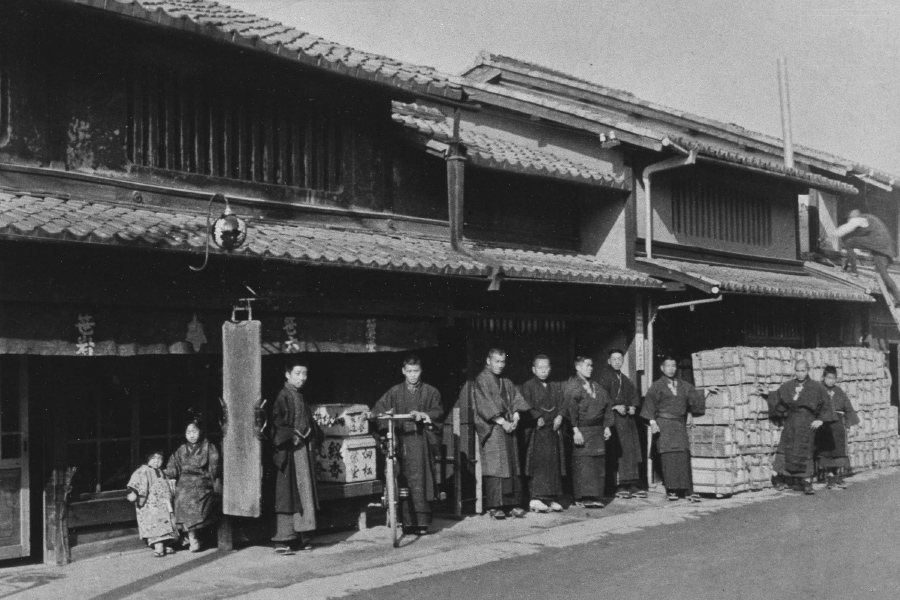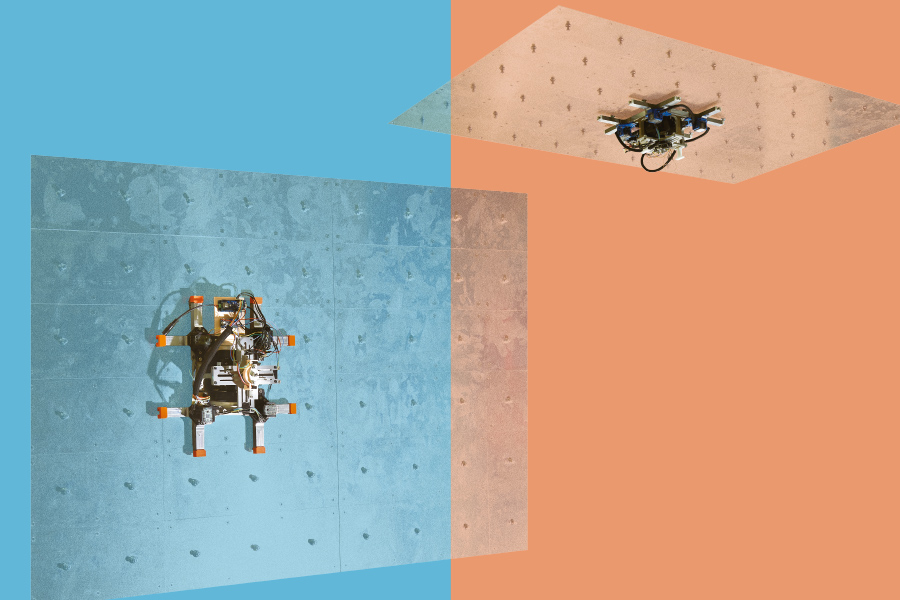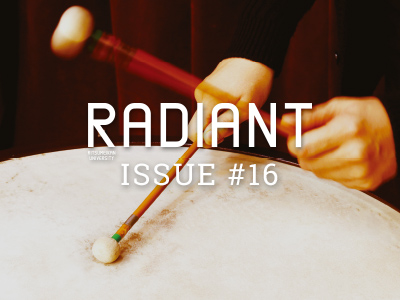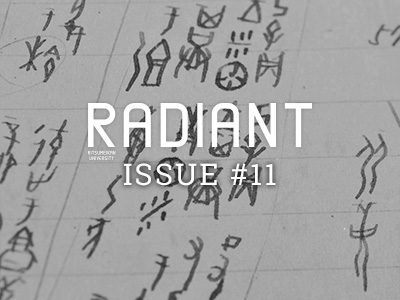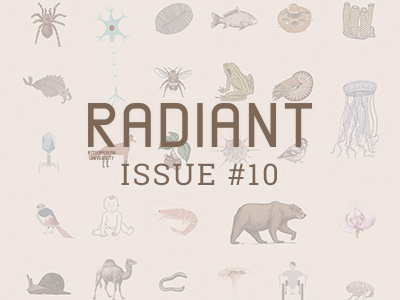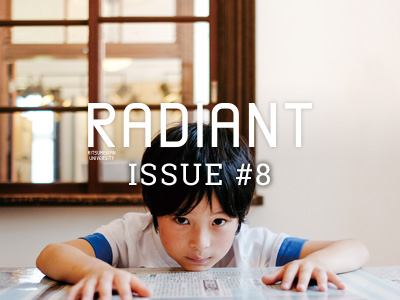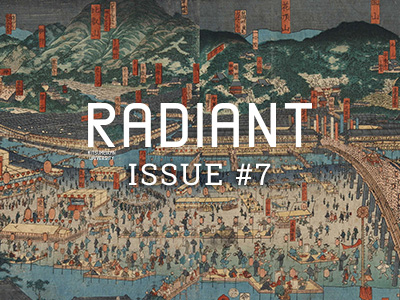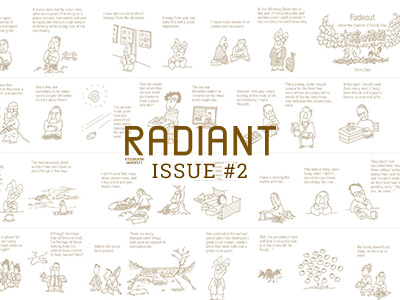STORY #2
The Secrets of the Longevity
of Century-Old Family Businesses
Shaojie Dou, Ph.D.
Lecturer, College of Business Administration
Corporate, Family, and Asset Managements
Hold the Key to Survival
Japan holds numerous long-established companies that have been in business for over a century. “According to Teikoku Databank’s Special Report: Survey of Longevity Companies (2019), more than 33,250 such companies exist. When including smaller companies, some estimates put that number at as high as 50,000,” Shaojie Dou explains. “What intrigues me is that many of these longevity companies are family-owned,” he continues.
Dou’s research background thus far has concerned Chinese corporate management. “Despite its 5,000-year history, hardly any businesses are over a century old in China. Why is that?” Such questions have led him to take an interest in the sustainable management of Japanese long-established family businesses. In his recent research, he has conducted interviews with family businesses in Japan, mainland China, and Taiwan, and by international comparisons, he has explored the management characteristics of Japanese long-standing family businesses.
In his studies, Dou explains three important aspects for a family business to survive: corporate management, family management, and asset management. “In corporate management, strict adherence to business principles, having an innovative spirit and practice, and responsiveness towards crises are important. In family management, it is essential to pass on family precepts, family culture, and its philosophy and nurture the successors.” Dou points out that in mainland China and Taiwan, many family-owned businesses stumble during business succession in particular. In addition, he emphasizes the necessity of passing on the assets to the next generation to manage wealth. Unlike Japan, where it is the norm for the eldest child to be the recipient of the inheritance, China conventionally practices equal distribution of assets among all children. This leads to fierce family feuds at times, jeopardizing the survival of the family businesses,” he analyzes. “Those companies that are solid on their corporate, family, and asset management have survived longer,” he says.
Dou has conducted case studies on a number of long-established family businesses. One such company is Shoyeido, a 300-year-old incense manufacturer in Kyoto. “What struck me was the company’s bold innovation in business management,” Dou reveals. Although being engaged in a traditional incense manufacturing business may seem like they would be far removed from innovation, the company has made many innovations throughout changing times. After World War II, they developed new sales channels and raw material procurement routes in the midst of a crisis situation. Another major innovation for them was the evolution of its packaging from traditional paulownia wood boxes to plastic boxes, then to environmentally-friendly recycled paper boxes made from milk cartons.
On the contrary, it is also noteworthy that Shoyeido’s management reflects the passing down of the family principle by the founding family: “Thin, long, and never bending, constantly smoldering, spreading (its business as well as scents) widely throughout the world.” The company has decided not to expand its business into China, which has a huge market. Instead, though the market is smaller, Shoyeido has opened its sales channels in Europe and the United States, where there is a solid demand for Shoyeido incense. It seems the company’s strict adherence to the family principle, which is the foundation of the family business, is the reason why Shoyeido has survived for 300 years.
Another case in point is that of Ikuta Sanki Kogyo Co. Ltd., an industrial machinery manufacturer that has been in business for over a century. Dou has visited the company many times to hear the third succeeding president tell stories about his family. Of particular interest to Dou is the major crisis the company experienced over the succession of its business. “The cause of this crisis was the sudden death of the second president before the company had had time to prepare for its succession. Moreover, the company was in debt at the time and desperately needed drastic innovative measures to survive. However, even when audacious strategies were presented by the third president, the employees did not trust him and would not listen,” Dou shares. Indeed, deficient business succession caused the company’s management to be on shaky grounds.
The tide started to change due to the hard work of the third president and the cooperation of his younger brothers who work at the company, and the support of the oldest employee who offered to “return the favor he had received from the first and second presidents.” This, followed by the new technological developments and globalization pursued under the third president’s leadership, resulted in success, bringing the company back to life.
“There is a moving anecdote about how the third president succeeded in entering the foreign market,” Dou adds and proceeds to share the story of how the third president managed to break into the Chinese market, a feat that his predecessor had been unable to do.
The story goes that the third president went to China in person to conduct sales activities, hoping to “surpass his predecessor.” Still, he was not taken seriously at first and underwent many bitter hardships. When he visited a major state-owned factory in Guangzhou, China, he was almost turned away at the door, but when he asked for a tour of the factory, surprisingly, the company allowed him to have the tour. There, by chance, he came across an old, secondhand machine made by Ikuta Sanki Kogyo. The third president was surprised, but so were the people at the factory, and they immediately took him to their president’s office. That led to the very first contract. Ikuta Sanki’s president said, “I was able to gain the other party’s trust because my predecessor had made a sturdy, high-quality machine. I have been trying to surpass my father, but instead, I received a ‘favor’ from him. I now have to pass that favor on to the next generation,” The family story and corporate management are inextricably linked together, as it is a family business. “In this are the hidden clues for sustainable management,” Dou says.
Dou plans to further expand the field of research to Korea and pursue sustainable management of family businesses in East Asia.
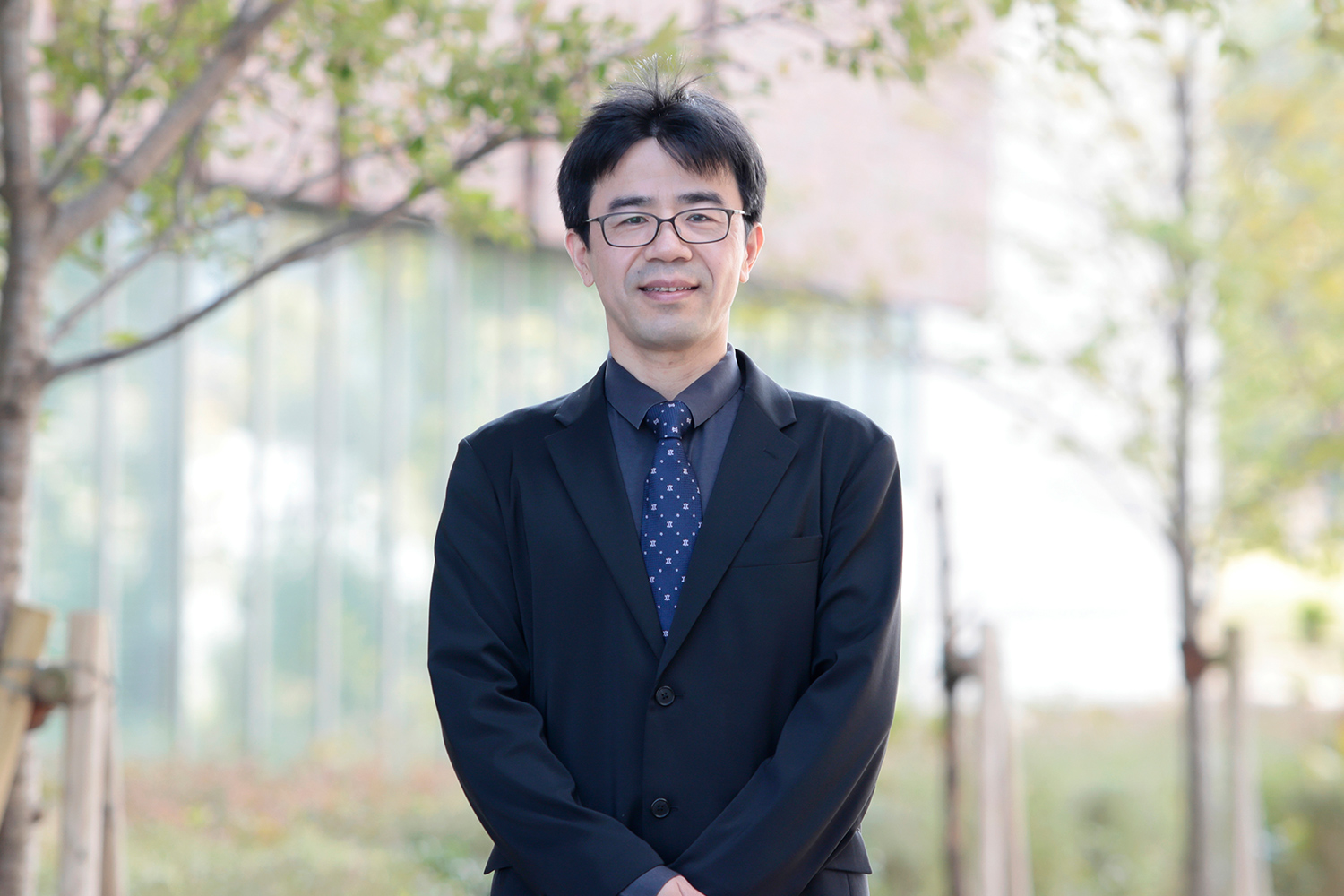
- Shaojie Dou, Ph.D.
- Lecturer, College of Business Administration
- Specialties: Business administration, Sociology
- Research Themes: Sustainable Management of Long-established Japanese Companies; Perpetual Management of Family Businesses and Business Succession: Commonality and Diversity in East Asia




